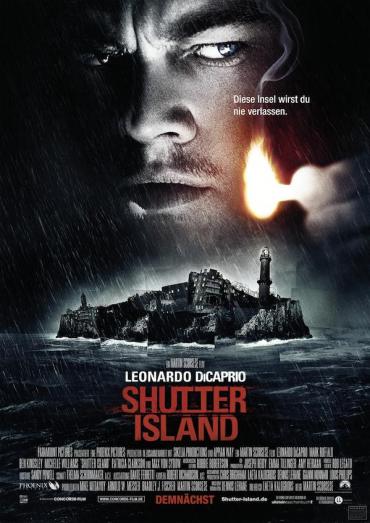Exploring the Depths of Shutter Island

Introduction
Shutter Island, directed by Martin Scorsese and based on Dennis Lehane’s novel, is a psychological thriller that has captivated audiences since its release in 2010. The film stars Leonardo DiCaprio as U.S. Marshal Teddy Daniels, who is sent to a remote island to investigate the disappearance of a patient from a mental institution. The importance of this topic lies in its exploration of complex themes such as trauma, insanity, and the nature of reality, making it a significant cultural touchstone in contemporary cinema.
Plot Overview
The narrative unfolds in 1954 as Teddy and his new partner, Chuck Aule, arrive at Shutter Island to investigate the mysterious disappearance of Rachel Solando. As the investigation progresses, Teddy encounters the unsettling atmosphere surrounding the institution and begins to uncover buried secrets that challenge his perceptions of truth and sanity. The film intricately weaves elements of suspense and psychological drama, creating an atmosphere of uncertainty that keeps viewers on the edge of their seats.
Thematic Elements
One of the key themes of Shutter Island is the exploration of trauma. Teddy is haunted by the memories of his wife Dolores, who died in a fire set by a man named Andrew Laeddis. This personal tragedy shapes his motivations and actions throughout the story, prompting viewers to consider the effects of loss and grief on mental health. Additionally, the film delves into the concept of identity and the fragility of the mind, with Teddy’s journey serving as a metaphor for the struggle to confront one’s past.
Critical Reception and Impact
Shutter Island received a mixed to positive reception upon its release, with critics praising the performances, particularly that of DiCaprio, and Scorsese’s masterful direction. The film has since gained a cult following, appreciated for its plot twists and unsettling ambiance. Many viewers have praised its ability to provoke thought regarding mental illness and the complexities of human psychology. The film’s haunting visuals and score contribute to a deeply immersive experience that lingers long after the credits roll.
Conclusion
In conclusion, Shutter Island is more than just a thriller; it is a profound exploration of the human psyche. Its themes of trauma, the nature of reality, and the complexities of mental health resonate deeply with audiences and encourage discussion about these important issues. As viewers continue to engage with the film, it remains a significant work within the psychological thriller genre, prompting analysis and reflection on the darker aspects of the human experience.









